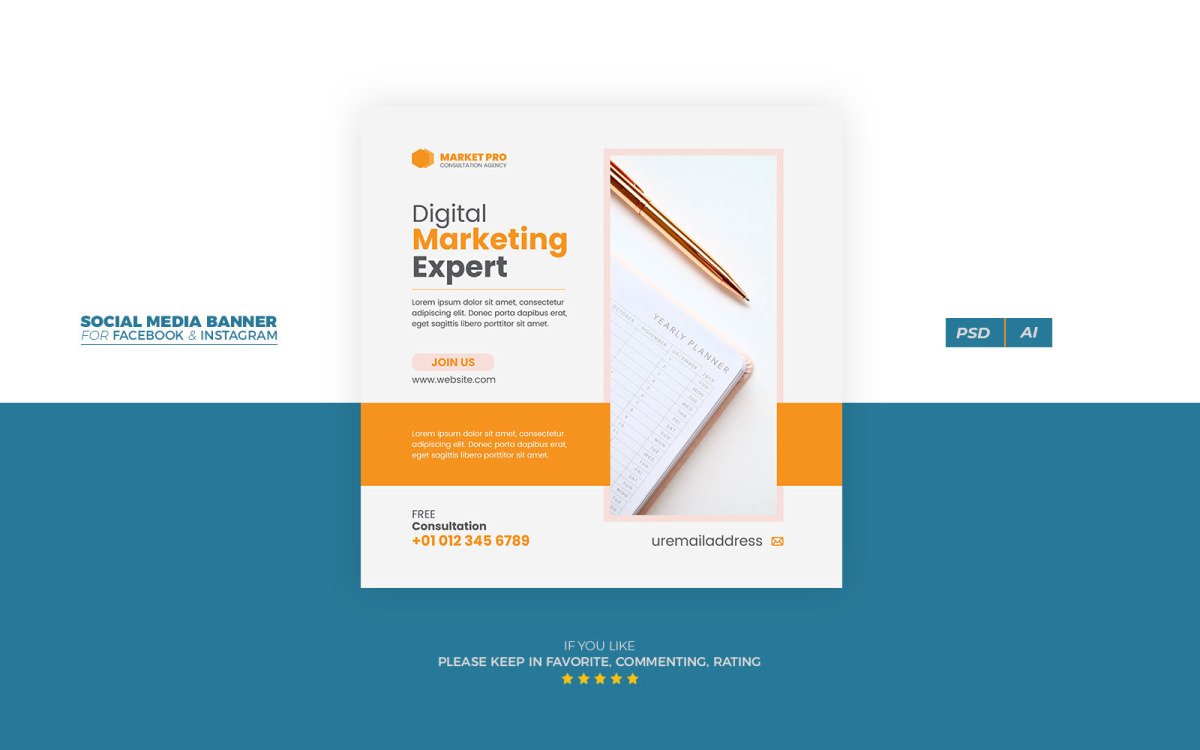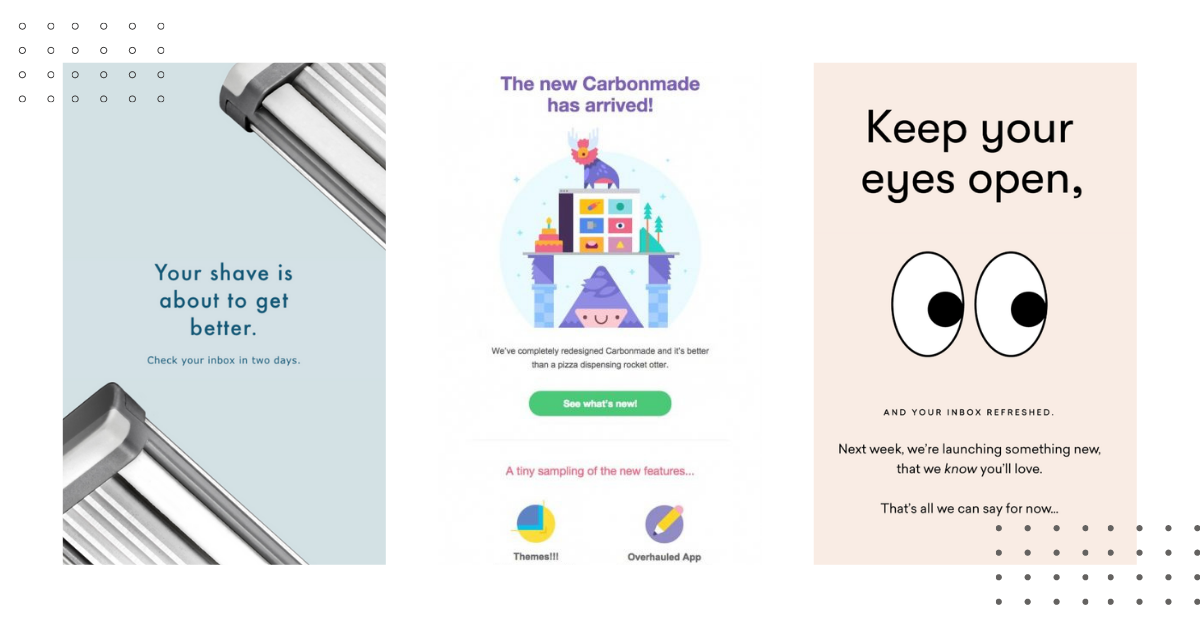
Content is only as valuable and engaging as the ability to attract and connect its audience. Brands can create compelling content to increase sales, collect customer insight, and make even the most loyal fans brand advocates. Sony, for example, developed an Alpha Universe community for photography professionals that focuses on educational content. It started out as a blog. Later, it evolved into a podcast. Content marketing gives brands the opportunity to stand out in the crowd and establish brand authority.
Content marketing boosts authority
Content marketing is a powerful way to increase traffic to your website. It doesn't matter if you use it to SEO, social media marketing or blogging, the content must inspire action and curiosity. Good content will not only attract people to your site but convert them into loyal customers. A variety of content marketing methods can be used to increase the credibility and conversion rate of your website, as well retain your existing customers.
Content marketing's main objective is to establish your authority. Your main goal is to earn the trust and respect of your audience through providing valuable information. Your audience should find the content useful and relevant. In addition, it should inspire readers to take some action, such as downloading a resource. Finally, it should establish your brand as an authority. The content should be consistent and quality. You want your readers to consider you an expert.
It builds trust with your audience

It is crucial for your business to build trust with your clients. Studies show that over one-third of American consumers feel that trusting a brand is crucial to deciding which product or service to buy. And, more than half of those consumers say that trusting a brand is the determining factor in making their purchasing decision. Social listening revealed that many brands invested heavily in content marketing, according to research.
Aside from using the written word to build trust, content marketing can also take on auditory and visual formats. For example, the renowned Ad Badger developed a content strategy around trust. The website includes a section that provides resources and a weekly podcast which is distributed across top platforms. Content marketing is about creating a relationship with your audience, and establishing your business' authority in your niche.
It allows for you to step away from the nuts and bolts.
Content marketing allows for you to move away from the technical details of your offering and instead concentrate on solving a real customer problem. Contrary to traditional advertising which gives you no control over how your ads appear or who they are seen, content marketing offers a free alternative. Instead of paying third parties to place an ad, you hire content marketing agencies to manage your content.
Content marketing can be a cost-effective and powerful way to get leads and build trust. Content marketing allows you to focus on the customer's story and experience and lets you get away from the details of your product or service. Content marketing allows you to be a thought-leader and build credibility. This will ultimately increase sales.
It will help you distinguish yourself from your competition

Effective content marketing strategies are focused on specific goals. This could include increasing web traffic or generating more leads or selling more. These goals should guide your content strategy. Include keywords that will help rank higher in search engines. SEO keywords are important for driving organic traffic to your website, YouTube videos, or social media page. These tips will help you create content that ranks higher on search engines to make sure you are using the right keywords.
First, target your audience. Content marketing strategies should address the problems or challenges of your target audience. These issues and problems will help you attract more customers by creating content. Businesses that provide useful content are seconded more likely to be trusted by customers. Businesses that provide useful content will be more likely to do business with them. Ultimately, content marketing helps you set yourself apart from your competition.
FAQ
How can content marketing strategies be effective?
You must first determine the type of content that you wish to create in order to develop a content marketing program. Next, you need to identify who your target market are and how they use Internet. Next, choose the best channels to reach your target audience. Next, find the right keywords and create compelling copy to promote each piece of content.
Is a Content Marketing Strategy right for me?
If you already know the message you are trying to convey, then a Content Marketing Strategy may be right for you.
These are just a few questions that you can ask yourself to help get you started.
Does my business need to communicate something specific? Or am I looking to create content that resonates across a range of audiences?
Do I want to focus on generating leads or converting visitors into buyers?
What product am I trying to promote?
Are you interested in connecting with people outside my industry?
If you answered "yes", to any one of these questions, then a content marketing strategy is just what you want.
How do I measure success in content marketing?
There are several ways to measure the effectiveness of your content marketing strategy.
Google Analytics is an excellent measurement tool. This tool lets you see where your targeted traffic comes from and what pages they visit most frequently.
It also shows you how long each visitor stays at your site before they leave.
This data can be used to improve content to attract people's interest and keep them engaged for longer durations.
You can also use these questions to gauge the success of content marketing efforts.
Are my new subscribers getting any value out of my email newsletters? What percentage of my entire mailing list has converted into paying memberships? How many people have clicked through to my landing page? Are people who click through more likely to convert than others?
These are important metrics to monitor and track over time.
Lastly, another great way to measure content marketing success is to look at the number of times people share links to your content across social networks.
If you're not doing that already, consider starting now. This could make the difference between being noticed and not being seen in your industry.
Statistics
- According to research compiled by Coschedule: Companies that publish 16+ blog posts a month get as much as 3.5x as much traffic as those that publish 0-4 posts a month. (criteo.com)
- An example of an overarching goal could be: "In 2022, we want to achieve a 20% increase in revenue created by organic content and generate 15,000 MQLs with a budget of $30,000." (semrush.com)
- According to our research, 65% of companies with very successful content marketing in 2021 ran content audits at least twice a year. (semrush.com)
- Forty-seven percent of buyers view 3 to 5 pieces of content before engaging with a sales representative. (mailchimp.com)
- Companies that use content marketing see approximately 30% higher growth rates than businesses not using it. (mailchimp.com)
- Measure your goals with a progress indicator of 0-100%. Make your goals collaborative and transparent (semrush.com)
- Seventy-two percent business to business (B2B) (mailchimp.com)
- Out of the 1,500 marketers we surveyed for our State of Content Marketing report, 78% who felt their content marketing strategy was exceptionally effective in 2021 had documented their strategy. (semrush.com)
External Links
How To
How to Create a Content Marketing Video?
Videos for content marketing are one of most powerful ways to communicate your message with your audience. By sharing stories that matter to them, they help you connect with your target market. But how can you make them stand out among the rest? These are some ways to make your videos stand out from the rest.
-
It is important to remember that no video can be made to suit everyone. If what you're trying to say doesn't apply to everyone who watches your video, then why would anyone else watch it?
-
You shouldn't pick the cheapest option when selecting a platform. YouTube, Vimeo (Facebook Live), Periscope and Instagram are some of the platforms that you can choose from. You have many options and different benefits. If you make the right choice, you can save money and increase your engagement.
-
When filming, don't forget subtitles! It makes it easier for people to understand your language barriers and makes videos more accessible.
-
Finally, you should ask these three questions before you start: Whom are I talking to? Is this why I am making this video? And what does my video represent to me? When you answer those questions, it will make creating videos so much easier!